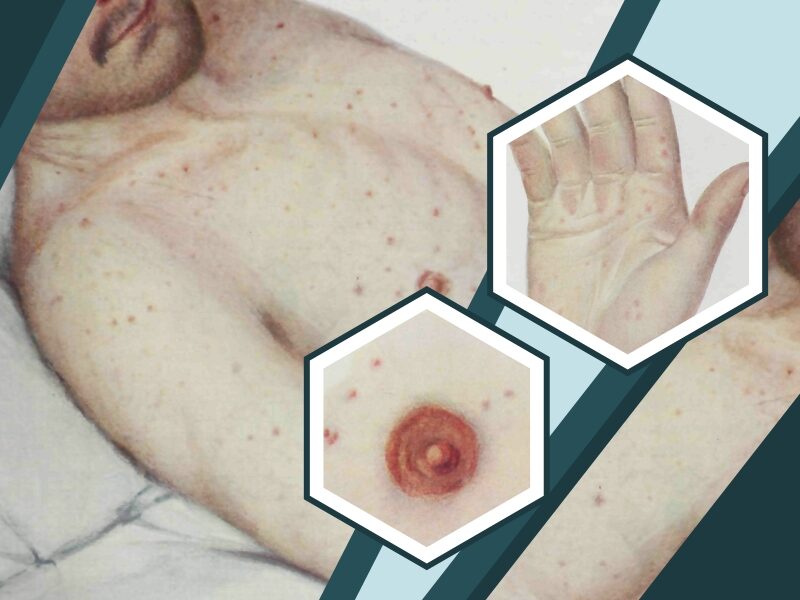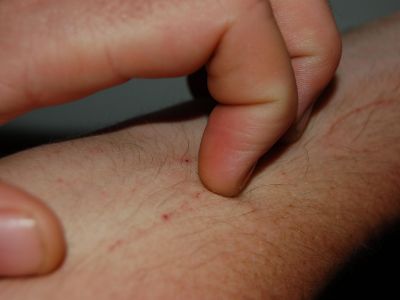Epidemic Typhus: Symptoms and Causes

What is Typhus Called Today?
Epidemic typhus is also known today as louse-borne typhus. It is an uncommon disease caused by a bacteria called Rickettsia Prowazekii that spread to people through contact with infected body lice.
Facts About Typhus
- Typhus is a vector-borne bacterial disease; there are two types termed endemic and epidemic.
- Typhus has a long and deadly history, especially epidemic typhus.
- Risk factors include visiting or living in areas where rats, mice, and other animals have high populations.
- There is usually a good to excellent prognosis for endemic typhus, but the prognosis for epidemic typhus can vary from good to poor, with the elderly usually suffering the worst outcome.
- By practicing good hygiene and living in a clean environment, one can prevent or reduce one’s risk of both types of typhus.
- There is no commercially available vaccine against either endemic or epidemic typhus.

Symptoms of Epidemic Typhus
The symptoms of typhus include:
- Cough
- Headache
- Nausea and vomiting
- Skin rash
- Flu-like symptoms
- Muscle aches and fever
- Rapid breathing
- Confusion
Causes of Typhus
Different insects spread different types of typhus. These includes:
- Chiggers. These carry scrub typhus, which is most common in southeast Asia.
- Body lice. It spreads after a bite from an infected body louse.
- Fleas. A person may contract murine typhus after contact with an animal that carries infected fleas.
3 Types of Typhus
- Epidemic typhus. This louse-borne typhus is a disease caused by a bacteria called Rickettsia prowazekii. While previously responsible for many illnesses worldwide, it is now considered rare.
- Scrub typhus. Scrub typhus is spread to people through bites of infected chiggers. Scrub typhus is most prevalent in rural areas in Southeast Asia, Indonesia, China, Japan, India, and northern Australia.
- Murine typhus. It is also endemic typhus or flea-borne typhus and is a disease caused by a bacteria called Rickettsia Typhi. People get sick with murine typhus when infected flea feces are rubbed into cuts or scrapes in the skin.
What is the Difference Between Typhoid and Typhus?
Typhoid is a foodborne illness that spreads often through contaminated food or water, and symptoms develop within three weeks. Typhus, on the other hand, is a flea-borne disease that occurs in areas where overcrowding and poor hygiene are common.
Treatment for Typhus
Epidemic typhus should be treated with the antibiotic doxycycline. This is effective if given to the patient soon after symptoms begin. Doxycycline is a tetracyclic antibiotic that inhibits the growth of disease-causing bacteria.



